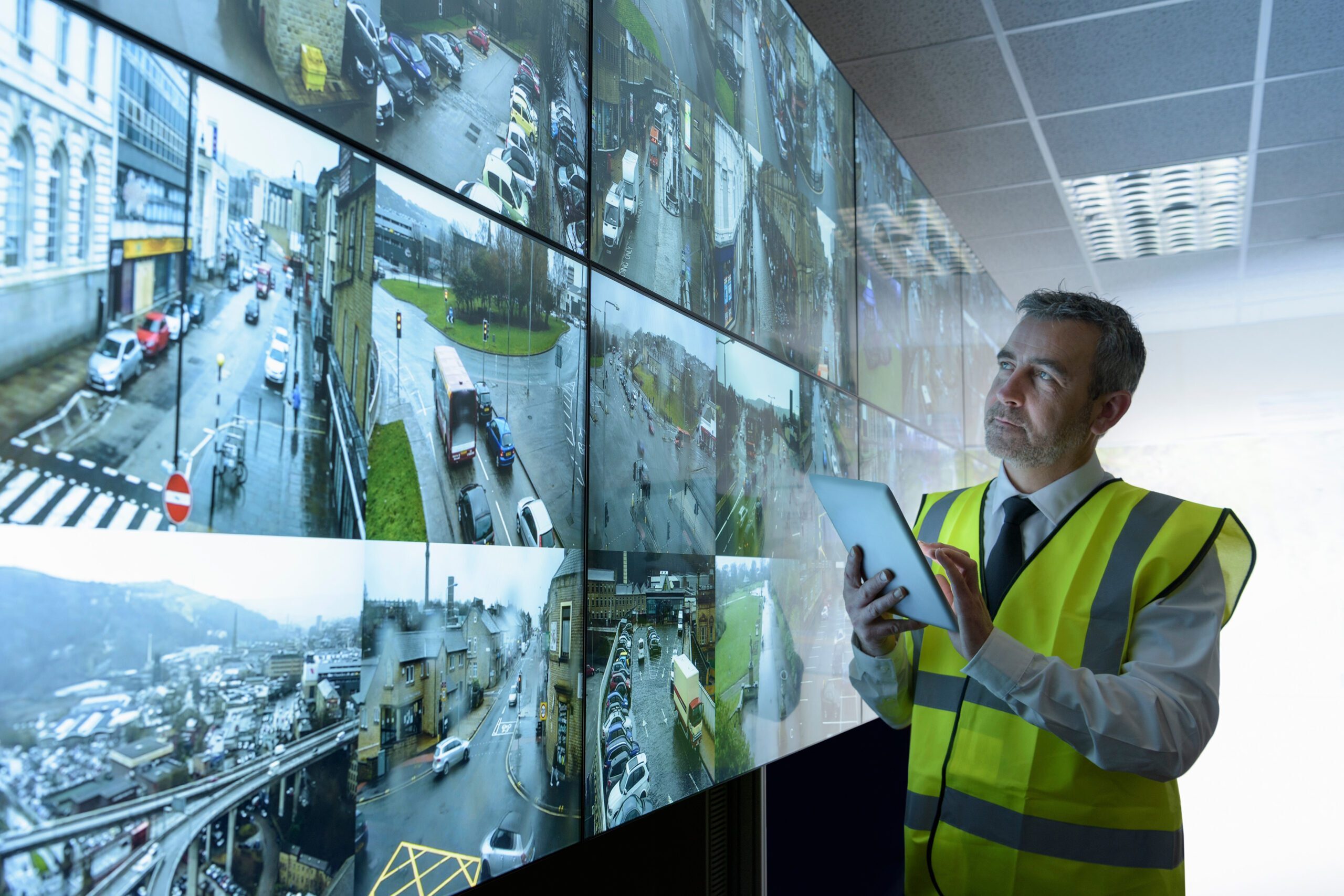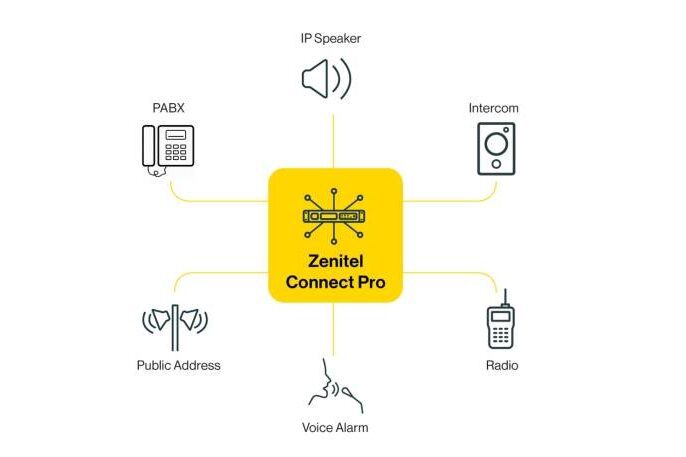Swamini Kulkarni, content writer at Allied Market Research, discusses smart airports, the future of air travel.
Not many remember today the era when air travel was still in its initial days and when first-class travel was for a select few who could afford and dared to fly. However, the aviation industry has come a long way. Today, air travel is regarded as the safest, easiest, and quickest way of travel.
Airports of today are flooded with thousands of people who are being processed. However, airports are now a place where personal service and comfort are sometimes sacrificed for speed, efficiency, and cost-effectiveness. However, this is the reason behind the idea of a smart airport.
Modern passengers expect personal service and demand less time-consuming options such as a self-service security screening system. Smart technologies have gained the attention of passengers and expect to be integrated into airport security systems. The deployment of artificial intelligence (AI) in airports has opened a new chapter in the aviation industry: smart airports.
The idea of smart airports According to Allied Market Research, the global smart airport market is expected to reach $6.46 billion by 2030, growing at a CAGR of 12.5% from 2021 to 2030. Rise in use of artificial intelligence to ensure safety at airports and surge in air passenger traffic across the world drive the market.
Smart technologies such as SmartPass offers facial recognition technology-enabled self-check-in and boarding. Recently, Dubai airport launched face and iris-recognition technologies for fast-track passport control service. The technology is powered by AI and will be used to expedite immigration processes that sometimes take hours during busy days. The biometric system is already installed at 122 smart gates including arrival and departure terminals in Dubai airports, which offers passengers complete control over passport verification procedures. Thus, the process cuts down the passport procedures to 5–9 seconds, but pre-registration is required to use the biometric service.
Smart airport services include smart transport and parking services, improvement in hospitality, smart retail and entertainment, smart business-to-business interaction, smart workplace, and smart passenger services. Smart business-to-business interaction is one of the booming sectors in the smart airport industry due to the surge in demand for updating customers with real-time travel services including valet parking and route switching. In addition, an increase in demand for self-service and automated processes has driven the smart airport market.
Apart from this, digital asset management and large-scale sharing of information between the airline and airport operator is a crucial part of the airports. This way, airlines ensure the punctuality of flights, and airport facilities can offer the best, seamless, stress-free experience to their passengers.
The use of smart technologies, biometrics could also satisfy the requirements of privacy and data protection, which is gaining importance in today’s world. The same technology can improve terminal operations and airfield management through passenger tracking. Airports can monitor passengers with their behavior and reduce the potential threats and illegal trafficking.
You can read the full article on the Allied Market Research website.
Media contact
Rebecca Morpeth Spayne,
Editor, Security Portfolio
Tel: +44 (0) 1622 823 922
Email: [email protected]


























